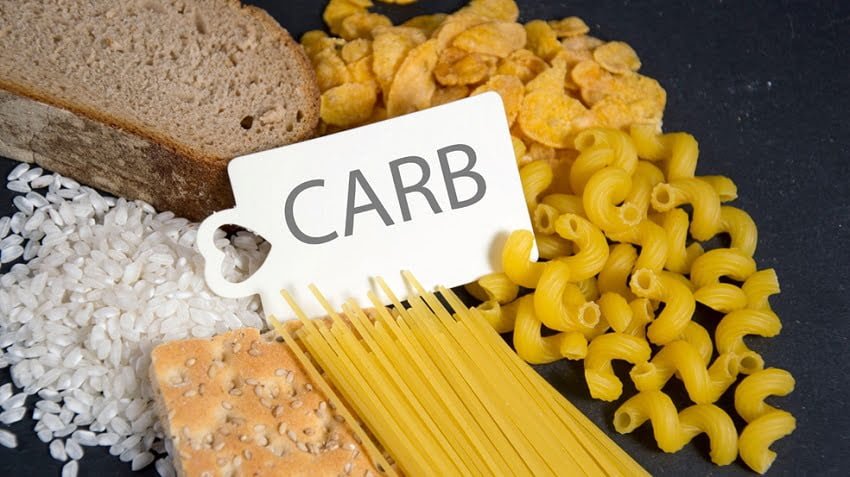Factors to Consider: Choose the Right GERD Diet

Occasional heartburn is a common issue that many people experience, but for those suffering from gastroesophageal reflux disease (GERD), the pain and discomfort of heartburn become something they deal with on a more consistent basis. GERD is a chronic digestive disorder that occurs when stomach acid frequently flows back into the esophagus, causing irritation to the lining. To avoid these issues, it’s crucial to pay attention to your diet and adapt it in a way that helps alleviate the symptoms. In this article, we provide some helpful tips on choosing the right GERD diet to alleviate acid reflux symptoms and support your overall health.
Identify Trigger Foods
The first step in creating an effective GERD diet is to identify and avoid foods that trigger your heartburn symptoms. Common trigger foods include:
- Spicy, fatty, and fried foods
- Citrus fruits and juices
- Chocolate
- Caffeinated and carbonated beverages
- Alcohol
- Garlic and onions
- Peppermint
Keep in mind that each person may have different trigger foods. Consider maintaining a food diary to track your meals and symptoms, helping identify your own specific triggers.
Choose GERD-Friendly Foods
One way to manage GERD symptoms is to incorporate foods that are known to be gentle on the stomach and esophagus. Some of these GERD-friendly foods include:
- Lean proteins like chicken, turkey, and fish.
- Complex carbohydrates such as whole grains, potatoes, and rice.
- Low-acid fruits like bananas, apples, and pears.
- Vegetables like green beans, broccoli, and asparagus.
- Low-fat dairy products like yogurt and low-fat cheese.
Eat Smaller, More Frequent Meals
Having smaller meals throughout the day, as opposed to three large meals, can help reduce the pressure on your stomach and decrease the likelihood of reflux. Aim for five to six small meals each day, and be sure to eat slowly, taking the time to properly chew your food. Also, for some, dietary changes may not be enough to completely alleviate GERD symptoms. If this is the case, it’s essential to consult a qualified professional for GERD reflux in Baltimore to create a comprehensive treatment plan tailored to your specific needs, which could include medication or surgery.
Maintain a Healthy Weight
Carrying excess weight, particularly around the abdomen, can increase the pressure on your stomach and result in symptoms of GERD. Losing weight through a combination of a balanced diet and regular exercise can help alleviate GERD symptoms in some individuals.
Consider Lifestyle Modifications
In addition to dietary changes, consider implementing lifestyle modifications such as raising the head of your bed, quitting smoking, avoiding tight-fitting clothing, and avoiding lying down right after eating. You can also check out this relevant blog post for more information on factors that influence heartburn duration.
To Sum Up
Finding the right GERD diet takes time and effort but is a crucial aspect of managing your symptoms. Remember to identify your triggers, choose GERD-friendly foods, eat less and more frequent meals, maintain a healthy weight, and consult a specialist if needed. Making these changes can significantly improve your quality of life and help you achieve long-term relief from GERD symptoms. Good luck!









